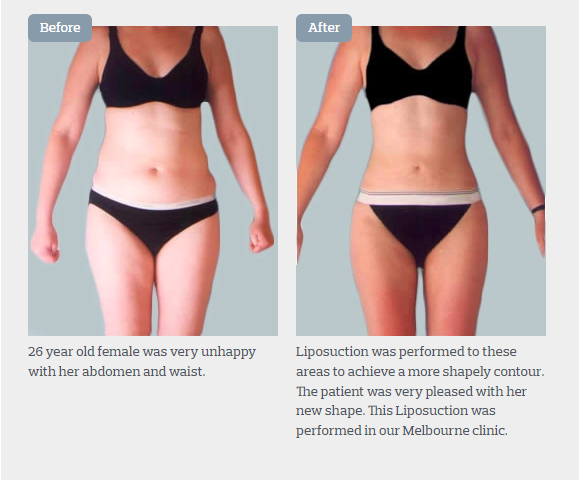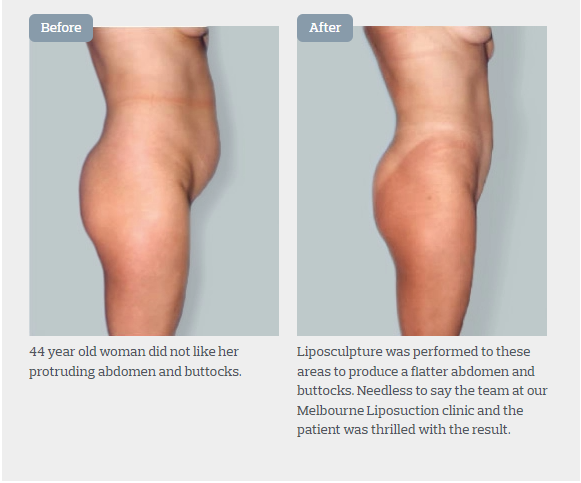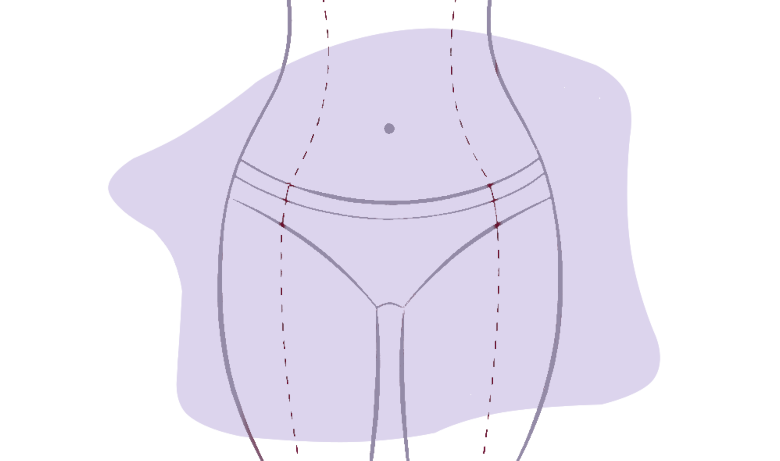One of the most common issues that both men and women face is the ability to lose weight. Be it for health or physical appearance reasons; in many cases people will turn to surgery for achieving their weight loss goals.
While some might think of weight loss surgery and liposuction as common solutions, it’s important to understand that these are serious medical procedures with different goals and should not be considered as first-line solutions for weight loss. At Me Clinic, we provide information about the differences between weight loss surgery and liposuction to help you understand these procedures better. We recommend a consultation with our team for a personalised assessment. For a final decision, we strongly recommend that you undergo a consultation with our team who can assess your current situation and goals.
The initial differences
Weight loss surgery is designed to help obese patients achieve a healthy weight by restricting their food intake. Liposuction is a surgical procedure intended to remove stubborn pockets of fat that are resistant to diet and exercise. It’s not a weight loss method and, like any surgery, it comes with risks.
Liposuction is not intended for patients who suffer from obesity and shouldn’t be considered an option for weight loss specifically.
Weight loss surgery
Weight loss, or Bariatric surgery as it is also known, restricts the food a stomach can hold, which is intended to decrease hunger levels and food intake. There are several types of this surgery, including gastric bypass surgery, Lap-Band surgery, and more.
To qualify a patient must be overweight or have a body mass index of 40 or higher. Those suffering from diabetes or hypertension may also be eligible if they have been unable to achieve healthy weight loss with other methods.

Liposuction is not a method of weight loss, rather a way to shape the human by removing stubborn pockets of fat and fat cells that are resistant to diet and exercise.
Liposuction
Liposuction reshapes the body by removing excess fat. It is classed as an elective surgery, as it is designed to purely improve your appearance.
Liposuction targets problem areas, toning and contouring them with a hollow instrument called a cannula, which is inserted under the skin to break up and suck out fat cells. Liposuction is often performed on the abdomen, buttocks, thighs, neck, chin and arms and is appropriate for anyone in good health within 30 percent of their ideal body weight.
Comparing the two procedures
Both procedures are surgeries that require preparation, along with general anaesthesia, and a recovery period post surgery. They can both produce scarring at the incision points and will require several days off work.
Weight loss surgery requires the patient to adhere to a strict diet plan post surgery, starting with a liquid diet, then moving to solid foods to avoid stretching their stomach.
Liposuction patients are advised to maintain their ideal weight with a healthy diet and exercise to ensure that the results of the procedure are permanent. While the fat cells removed during the procedure cannot grow back, poor lifestyle decisions can cause the existing fat cells to enlarge. Patients can expect swelling and inflammation for roughly one month after surgery. Learn more about what to expect and how to maximise healing in our article on Recovery After Liposuction
To learn more about the type of anaesthesia typically used in liposuction, explore our article: Liposuction Performed Under Local or General Anaesthesia?

Liposuction is often performed on the abdomen, buttocks, thighs, neck, chin and arms and is appropriate for anyone in good health within 30 percent of their ideal body weight.
Wondering which is the best option for you?
Those suffering from obesity who are looking for a long-term solution for weight loss may wish to consider weight loss surgery. However, if you are relatively healthy and want to do away with a stubborn pocket of fat, liposuction may be the best option for you.
To determine your best path forward, make a consultation with the team at Me Clinic. We will assess your situation, discuss your goals, and apply our knowledge to determine which option will help produce the happier and healthier lifestyle that you wish to achieve.
Surgical Warning: Any surgical or invasive procedure carries risks. Before proceeding, you should seek a second opinion from an appropriately qualified health practitioner.


